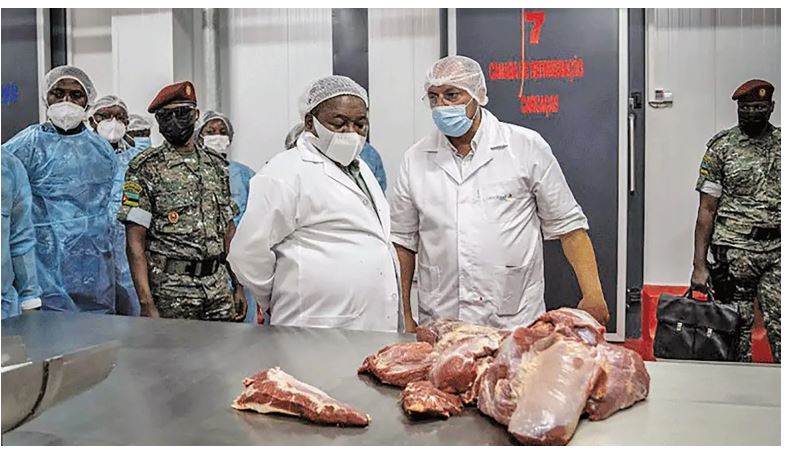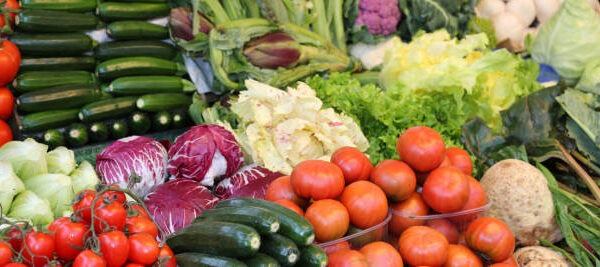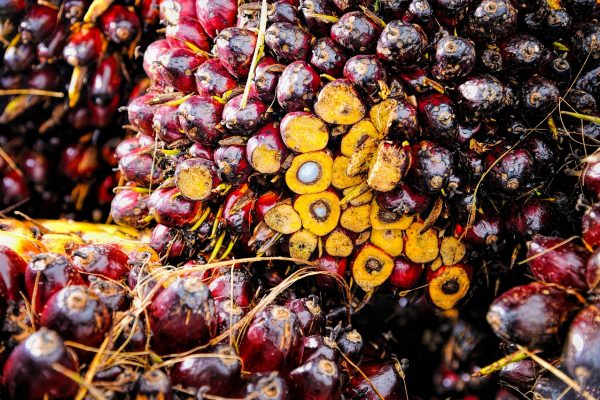Hundreds of thousands of people could die of starvation if the extent of Africa’s food security crisis is not recognised, says Isak Pretorius, CEO of the largest indigenous African non-governmental organisation, ForAfrika.
“The food crisis – and rising malnutrition – affecting our continent is real and pressing, and I urge people of conscience to rally behind the people of Africa,” he says.
In contrast to what is often reported, drought in Africa extends far beyond the Horn of Africa, and hundreds of thousands of people across Central and Southern Africa are at risk as a result of not enough food being produced in the region this year, says Killen Otieno, ForAfrika’s chief of operations.
Urgent aid is needed to prevent parts of the Horn of Africa region that encompasses Ethiopia, Eritrea, Somalia, Somaliland and Djibouti from sliding into famine, Otieno says. In addition, drought and heat stress are evident as far south as north-western Namibia, south-western Angola, northern and central Mozambique, Malawi and Madagascar.
ForAfrika assisted more than 1.2-million people in South Sudan in 2021, and more than
903 000 in Angola, 50 000 in Uganda, 400 000 in Mozambique, 166 300 in South Africa and 500 in Rwanda in the same year.
This assistance includes working with people to improve their ability to feed themselves.
“ForAfrika’s staff are Africans themselves. This is our home and we know what Africa’s people need to thrive. That is our vision – for Africa to thrive,” says Pretorius. “People can help us achieve this, through their donations.
“The crisis, which the Food and Agriculture Organization and the African Union (AU) estimate has affected 346-million people, is the result of a number of factors occurring at once. These include conflict, drought, flooding, the Covid-19 pandemic and rising prices due to the war in Ukraine,” he says.
While food insecurity in Africa is driven by recurring environmental, political and economic instability, and a concomitant breakdown in community support systems, Russia’s invasion of Ukraine has exacerbated the situation by disrupting the global supply of wheat and other staples such as cooking oil, pushing up prices.
“Africa is home to low-income countries that are at risk of food insecurity, with the Ukraine war amplifying existing strains caused by two years of Covid-19 pandemic. With Russia and Ukraine being some of the world’s leading fertiliser exporters, the crisis could deepen and stretch – impacting food production, availability and access, especially for the most vulnerable households,” Otieno says.






